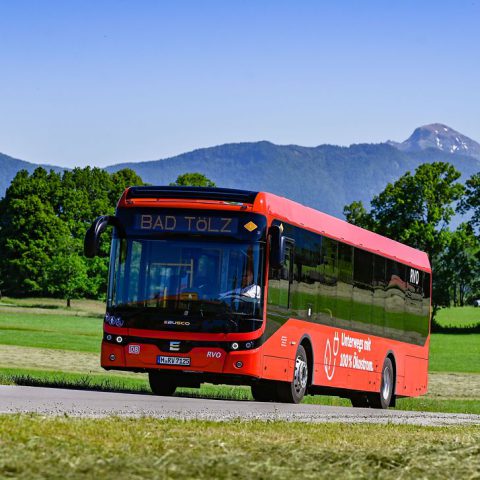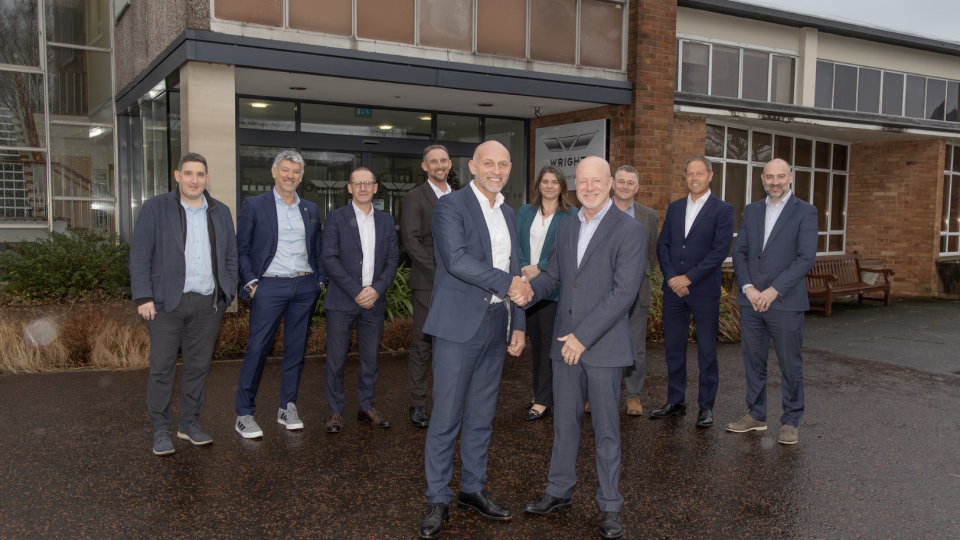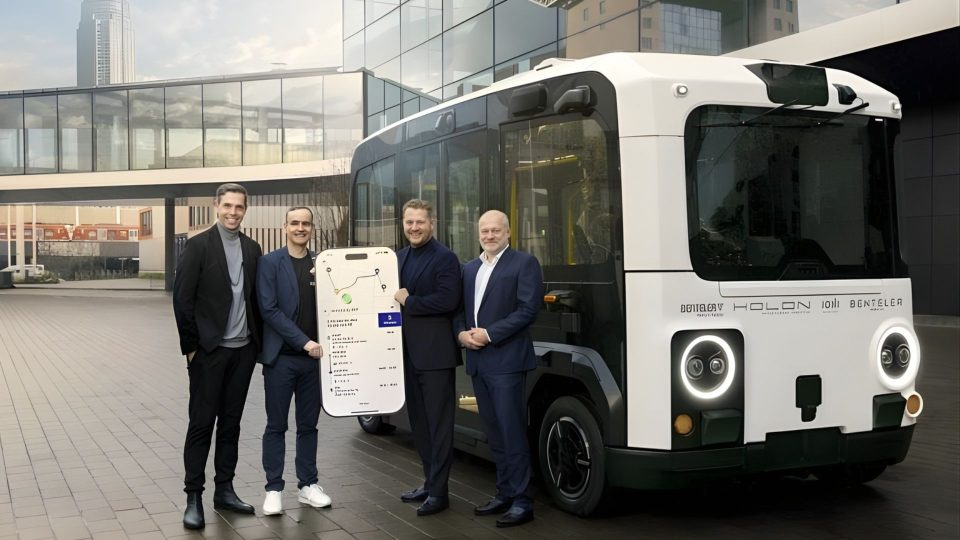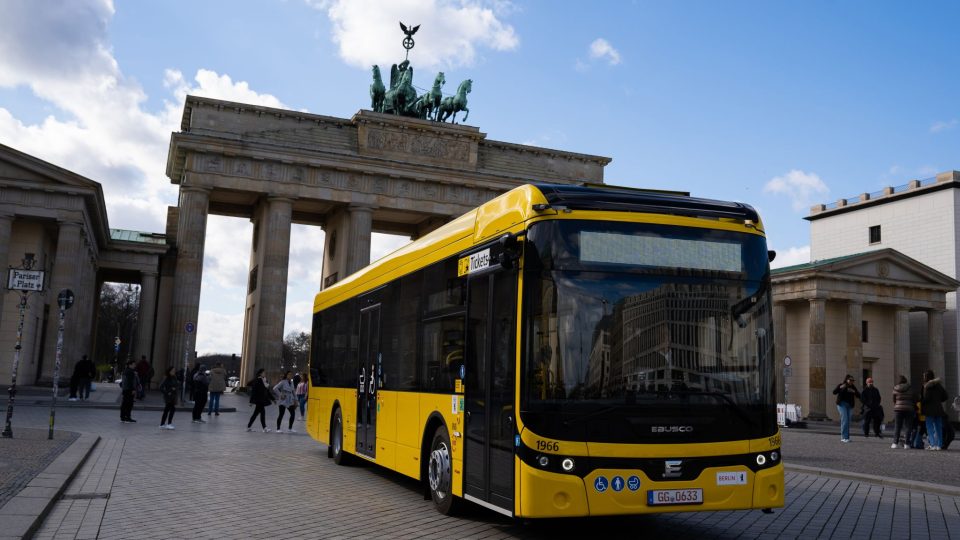Deutsche Bahn to purchase 1,200 buses. Ebusco selected as e-bus supplier (260 units)
Deutsche Bahn (DB) is investing 400 million euros for the renewal of bus fleets. From 2023 to 2026, around 1,200 vehicles are to be delivered, including 260 electric buses. DB has now concluded a corresponding framework agreement with the manufacturers MAN and Ebusco, from which it can call up the vehicles. MAN will supply the […]

Deutsche Bahn (DB) is investing 400 million euros for the renewal of bus fleets. From 2023 to 2026, around 1,200 vehicles are to be delivered, including 260 electric buses.
DB has now concluded a corresponding framework agreement with the manufacturers MAN and Ebusco, from which it can call up the vehicles. MAN will supply the buses with combustion engines, while Ebusco will supply the buses with electric drives.
The first articulated e-buses for Deutsche Bahn
A high proportion of the diesel buses have a fuel-saving mild hybrid drive system: the engines, which comply with the latest Euro6e standard, can also be fuelled with alternative fuels such as HVO. The electric buses do not require any additional fossil fuel heating as standard. Here, DB is also purchasing battery-electric articulated buses for the first time.
The buses offer passengers and drivers a high level of comfort inside, for example with air conditioning, upholstered passenger seats and modern LED interior lighting. USB charging ports on the seats and WLAN are also available as options. An extra large area for wheelchairs, prams and e-scooters means better accessibility. More safety on the road is provided by a turning assistant system (warns of people in the blind spot), reversing camera, LED headlights and a fire extinguishing system in the engine compartment.
MAN selected as secondary e-bus supplier
To improve security of supply, DB has also concluded framework agreements with secondary suppliers. the company says. These come into play if the primary supplier should not be able to deliver the intended vehicles, for example in case certain parts are not available. Scania was chosen for the diesel buses and MAN for the electric buses.
When awarding the contract, the focus was, among other things, on life cycle costs and thus on vehicles with low fuel and electricity consumption, still DB releases. In addition, DB says it has applied strict standards to the ecological, economic and social responsibility (CSR) of its partners and anchored them in contracts.
“With these new buses, we are greatly increasing the proportion of vehicles with electric and hybrid drive in our fleet. This will significantly reduce our CO₂ emissions and take another big step towards climate-neutral local transport on the road as well,” says DB Regio Bus CEO Frank Klingenhöfer.






